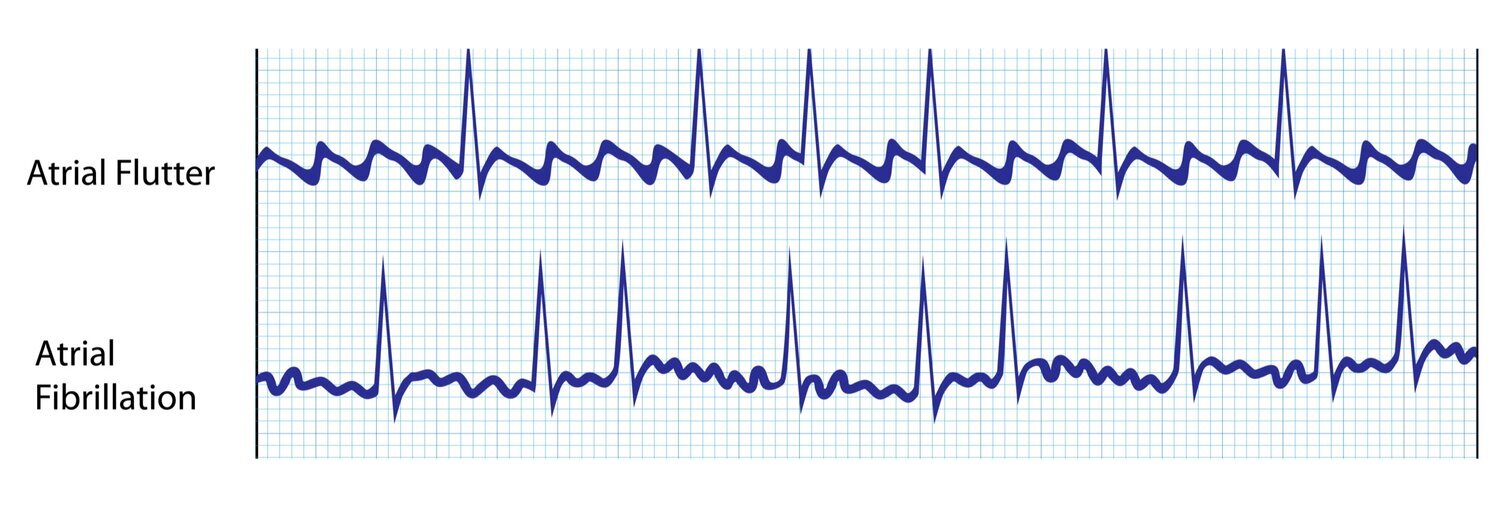

They may order several tests to determine the cause and severity of atrial flutter and determine the most appropriate treatment for the condition. Mayo Clinic doctors trained in heart rhythm conditions have experience diagnosing and treating atrial flutter and other heart rhythm conditions. Mayo Clinic providers use advanced imaging and mapping techniques that allow them to make prompt and accurate diagnoses, which may include referral to the Electrophysiology Laboratory. In Mayo Clinic's Heart Rhythm Clinic, care providers work together as a multidisciplinary team to evaluate and treat people with a wide variety of heart rhythm disorders, including atrial flutter. Providers spend time to learn about you and work with you to provide a personalized treatment plan - care tailored to your specific needs. I have other health conditions.Mayo Clinic provides care for you as a whole person.What should I do if my symptoms return?.What is likely causing my symptoms or condition?.Take a family member or friend along, if possible, to help you remember the information you're given.įor heart palpitations, basic questions to ask your health care provider include: Questions to ask your health care provider.All medications, vitamins and supplements you take, including doses.Key personal information, including family history of heart disease, arrhythmias, stroke, high blood pressure or diabetes, as well as major stresses or recent changes in your life.Your symptoms, including any that seem unrelated to heart palpitations, and when they began.When you make the appointment, ask if there's anything you need to do in advance, such as restrict your diet. It can show blood flow and structure problems with the heart. This noninvasive exam uses sound waves to create moving pictures of the heart in motion. An event recorder is typically worn for up to 30 days or until you have an arrhythmia or symptoms. If you don't have irregular heart rhythms while you wear a Holter monitor or if the events occur less than once weekly, your health care provider might recommend an event recorder. Ask your health care provider if this is an option for you. Some personal devices, such as smartwatches, offer remote monitoring. It's used to detect heart palpitations that aren't found during a regular exam.
#A flutter ekg portable
This portable device is worn for a day or more to record the heart's rate and rhythm during daily activities. An electrocardiogram (ECG) can show if the heart is beating too slow, too fast or not at all. Wires connect the electrodes to a computer, which displays the test results. Sticky patches (electrodes) are placed on the chest and sometimes the arms and legs.

This quick and painless test measures the electrical activity of the heart. If your doctor thinks that palpitations are caused by an irregular heartbeat or other heart condition, tests might include: You will likely be asked questions about your medical history.

The exam may include looking for signs of medical conditions that can cause heart palpitations, such as a swollen thyroid gland. To diagnose palpitations, a health care provider will do a physical exam and listen to your heart using a stethoscope.


 0 kommentar(er)
0 kommentar(er)
